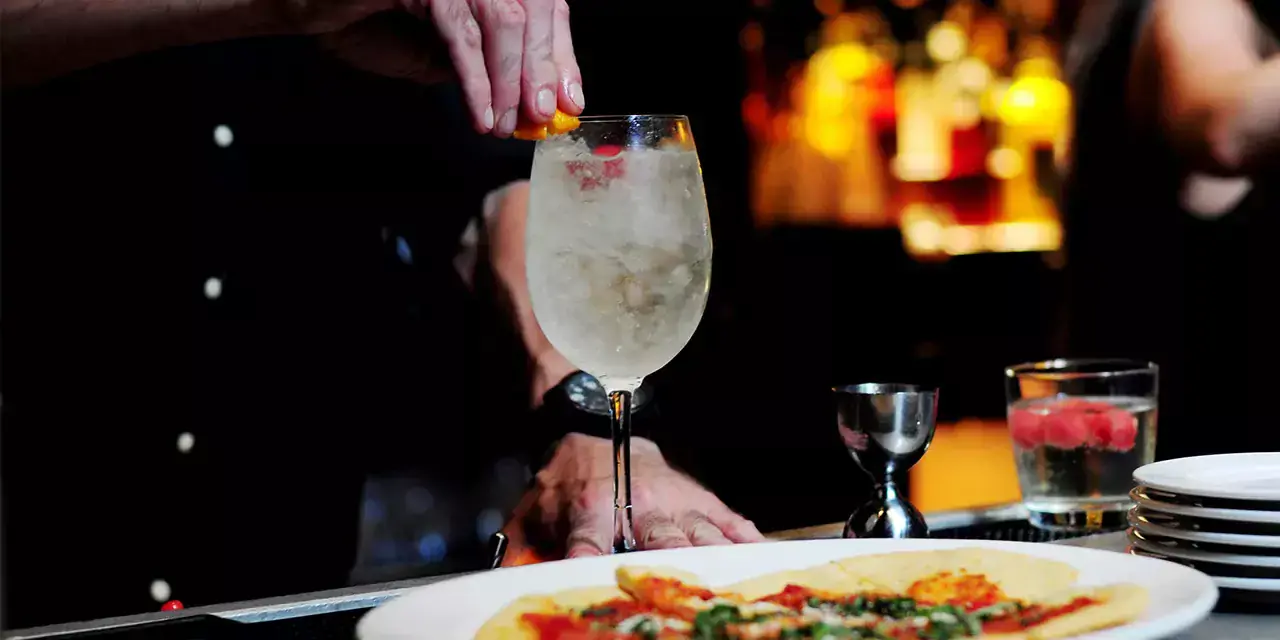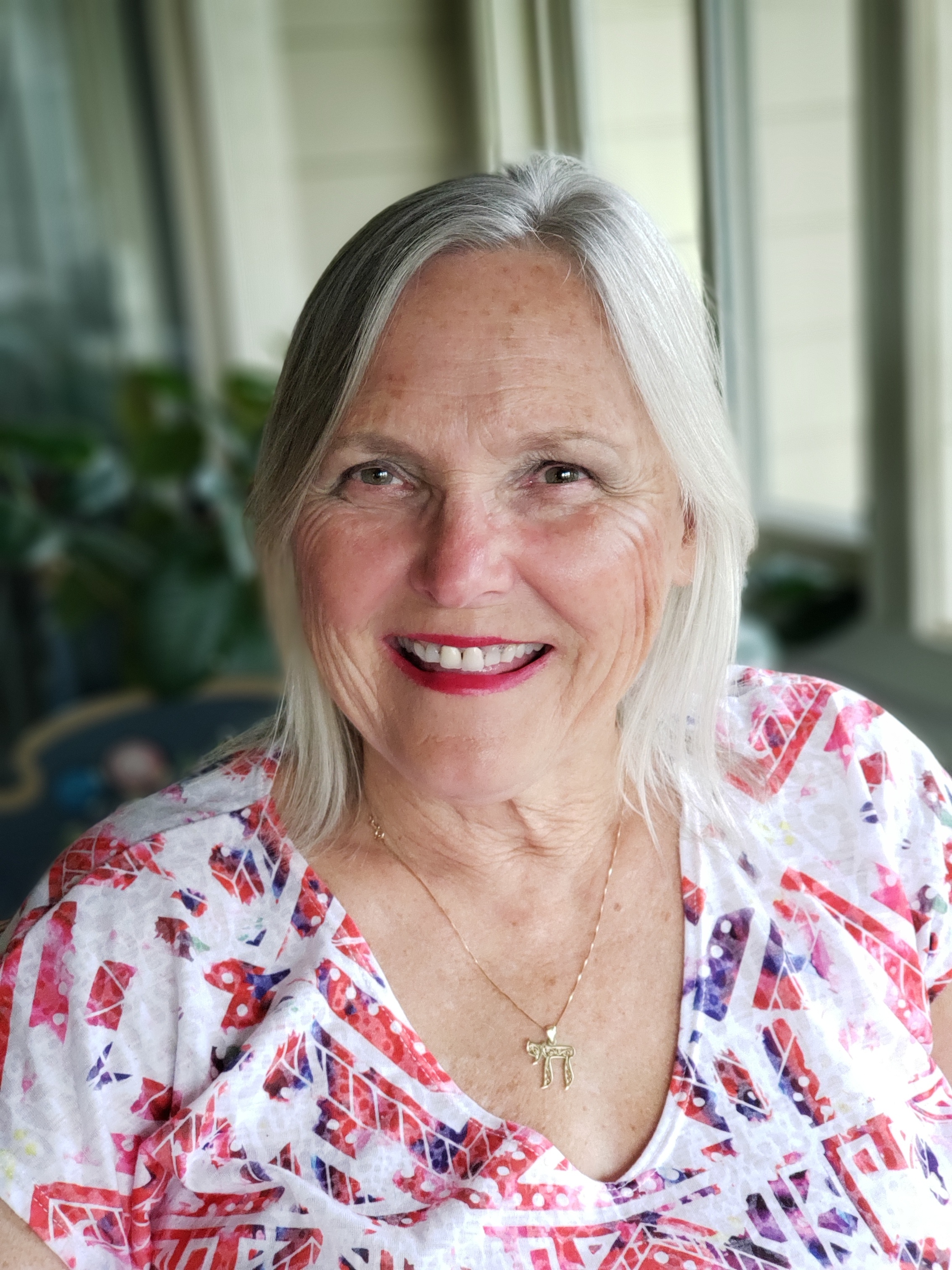Boomer Unchained: Another Healthy Activity to Start the New Year

We all know we have to keep exercising as we age, so it wasn’t surprising that gyms around southern Delaware were jammed on January 1, 2020. They probably still are.
And, I’m not just talking about only being jammed with people in their 20s and 30s, but with those aged 60 and over, a population heavily represented around the coast where ‘over-55’ developments are popping up like weeds.
Most people I know over 60 also have given at least a cursory thought to ‘eating healthy’ this month, even if they talked about it with a smile as they swallowed something yummy. Chuckle, Chuckle. You only live once, right?
The diets were to begin after New Year’s Eve, right?
A lesser known but important way to focus on our health as 2020 begins is to participate in “Dry January,” a concerted effort (activity) in which those who do drink alcohol abstain for the month.
I saw a post about “Dry January” on Facebook and so decided I’d give it a try, thinking, if nothing else, it would help me lose the pounds I’ve gained in recent months. I shared the post and received an anemic response that included, 3 likes, 1 laugh, 1 sad face, and 13 comments which ranged from “I’ll support that” (from a good friend who doesn’t drink anyway) to “Why would I do that?” (from one of my red wine connoisseur friends).
Not counting the Cosmo I had at Saketumi’s happy hour on January 2, I decided I’d commit to participating in this annual public health campaign. It was initiated in 2013 by the nonprofit organization, Alcohol Change UK (That’s the United Kingdom). Apparently, millions of people have been taking part. British university professor Richard de Visser surveyed 816 participants to find out if they thought they had benefited by avoiding alcohol for a month. Most said they did (survey results below), with 71% reporting they slept better when avoiding alcohol.
Difficulty in sleeping is one thing I often hear my friends complain about. Some of them do take medication to help them sleep, but that’s another topic. More than half of the survey respondents, 57%, said their concentration had improved. I found that interesting, considering the U.S. National Institutes of Health reports that alcohol use can affect memory, though it doesn’t specify how much one has to drink, only that alcohol affects older people differently than younger, and women much more than men.
Don’t get me wrong. I’m not a huge drinker. I have no problems sleeping and my memory seems better now than years ago when I had a stressful career and I seemed to forget all kinds of things, such as when I was in my 30s, a single mother and forgot which soccer field my son was playing on during an after-school game. Needless to say, that was in the days before cell phones and I finally found him inside a gym with an extremely annoyed coach as I was over an hour late (thankfully I found the soccer practice schedule, crumpled up in my purse).
I do enjoy wine with dinner, and often get together with friends at local happy hours or at one of our homes. I like an occasional Cosmo or gin and tonic, but mainly wine. I have been known to order the 9-ounce glass of wine available at Iron Hill Brewery. (According to the CDC, a woman should consume not more than 1 drink a day, defined as a 5-ounce glass of wine!).
The U.S. Institutes of Health warns that drinking alcohol worsens conditions like high blood pressure, osteoporosis, diabetes, and can dull pain symptoms of a heart attack. Heavy use can also lead to some cancers.
I don’t have to tell you how popular happy hours are in southern Delaware with the ‘senior’ crowd, especially off season when tasty bar delicacies and discounted meals are endlessly available. If it isn’t burger night, or $1 oyster night, it’s half-price on a dinner if you buy another for the same price or more. Many of those deals coincide with $5 drink offers between 4 p.m. and 6 p.m. or some other early evening meal time before the younger crowds arrive. Partaking of the nightly specials can easily become an off-season habit, leading to unnecessary calories, and more alcohol than our bodies should have.
The Facebook post about “Dry January” made me think about how much I consume, especially since I’ve gained a bit of weight since I officially retired three years ago from a full-time job where I was usually too exhausted after a full day to go out in the evening, unless I was required to attend something for work. Not unusual for a PR person. Most of the time, I didn’t get out of the office in time to get to a happy hour anyway. Now, however, my social life has improved greatly and my calendar fills up with activities that include food and drink. As emotionally healthy as a fulfilling social life can be, my doctor has been threatening to put me on statins if I don’t pay attention to my weight.
As I sit here sipping a glass of water, I want to point out that below you will find the results of the survey of those who participated in the 2018, “Dry January,” as well as links to information on seniors and alcohol by the U.S. Centers For Disease Control and Prevention, and the National Institutes of Health.
The lesson is, I guess, is to be cognizant of how we treat our bodies as we enjoy this time in our lives.
The Effects of Dry January 2018
Richard de Visser, a psychology professor at the University of Sussex (United Kingdom), conducted a survey of 816 participants who signed up for a Dry January campaign in 2018. Six months later, participants reported their drinking days per week dropped to an average to 3.3 from 4.3.
That’s not the only benefit participants reported:
- 58% said they lost weight.
- 57% reported better concentration.
- 54% said they had better skin.
- 88% said they saved money.
- 80% felt more in control of their drinking.
- 71% realized they don’t need a drink to enjoy themselves.
- 71% reported sleeping better.
- 67% said they had more energy.
(As reported in the Wall Street Journal, January 1, 2019, and reprinted in a Jan. 3, 2020 blog.)
Additional Resources
CDC fact sheet on Alcohol Use and Your Health:
https://www.cdc.gov/alcohol/fact-sheets/alcohol-use.htm
National Institute on Aging: Facts about alcohol and age
https://www.nia.nih.gov/health/facts-about-aging-and-alcohol



